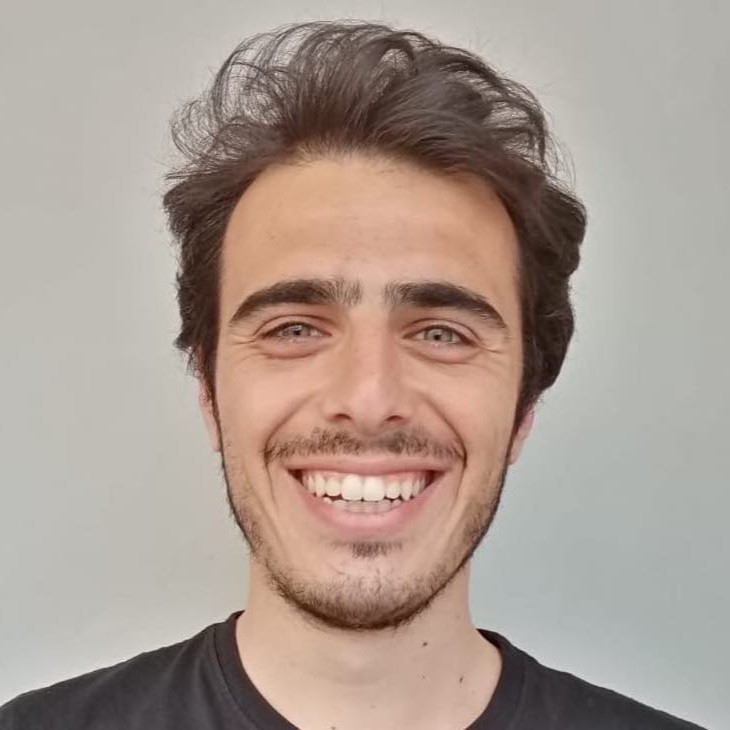Patrick Le Galès, “Comparative research on European cities and policies. The Sciences Po Urban School approach”, in Metrolab series, 2024
14 March 2024Louis Bourgois and Elise Roche, “Dix ans de résorption de bidonvilles… et de recherches”, interview with Olivier Legros and Tommaso Vitale, Géocarrefour, 2023
21 March 2024Franco Bonomi Bezzo, “Then and Now: Why do past and present Neighborhoods shape Attitudes towards Inequality?”, 21.03.2024, 12:30-2:00pm CET
Room K008, 1 place Saint-Thomas d’Aquin, 75007 Paris & Zoom*
“Then and Now: Why do past and present Neighborhoods shape Attitudes towards Inequality?”
Place and inequality are remarkably intertwined. But when it comes to the study of attitudes towards inequality, the places where individuals live are an overlooked factor. The purpose of this study is to reappraise what has been found in qualitative case studies through a quantitative analysis and to investigate the mechanisms linking experiences of collective material deprivation and attitudes towards inequality. Taking a Durkheimian view, we claim that individual attitudes not only depend on individual predispositions but also a) on the community where the individuals have grown up and b) on the community where individuals currently live. Drawing on existing research on political socialization, we claim that contemporary exposure to deprivation is important, as is exposure during childhood, due to its long-lasting effects on how individuals perceive the world around them later in adulthood. We investigate the differential relevance of community deprivation on two British cohorts, born in 1958 or in 1970. Our findings show that living in more affluent areas is associated with being less against inequality. Growing up in an affluent neighbourhood showcase similar, though smaller, effect. Interestingly, attitudes towards inequality are more strongly correlated with neighbourhood trajectories along the life course then individual social class trajectories. These effects tend to be larger for people born in the 1970s than for people born in the 1958. These results suggest that while people who have grown up in a phase of expansion of the Welfare state may have felt lower anxiety about inequality, those who have grown up during the full expression of Thatcherism might have developed stronger feelings towards inequality.
Speaker

Franco Bonomi Bezzo is a post-doctoral researcher at the University of Milan working on the ERC project De-industrializing Societies and the Political Consequences (DESPO) with Prof Anne-Marie Jeannet. Franco received his PhD in applied social and economic research from the Institute for Social and Economic Research at the University of Essex in July 2020. From January 2020 to April 2021, he held a post-doctoral position at the French national Institute of Demography (INED), where he has remained affiliated. Trained as an economist, Franco’s interests have been increasingly shifting towards the intersection between sociology, political science, demography, and economics. Franco’s research focuses on the analysis of socio-cultural determinants of inequality at the meso-level. He is interested in analysing how the physical and cultural context in which individuals are embedded in shape their opportunities across the life-course. Franco has investigated this theme by looking specifically at neighbourhoods, communities, and cultural norms as meso-level determinants of inequality.
Chair
Brenda Van Coppenolle, Sciences Po, CEE, CNRS

